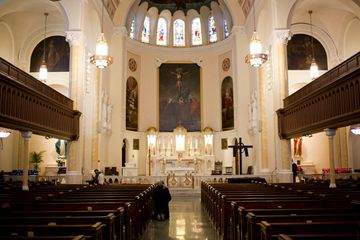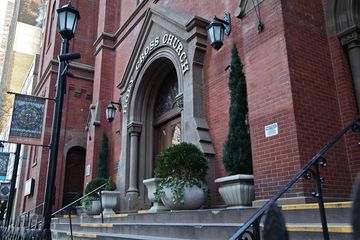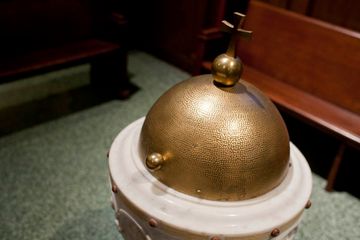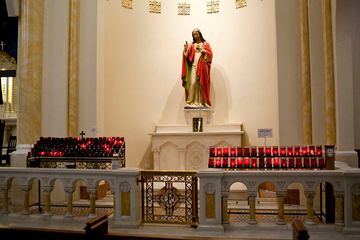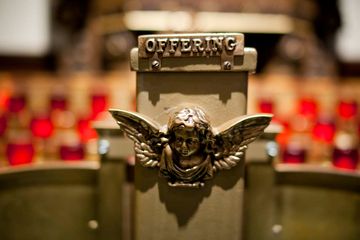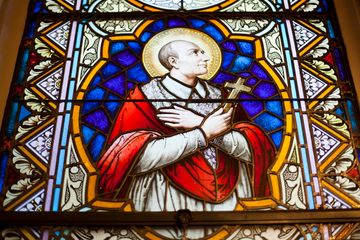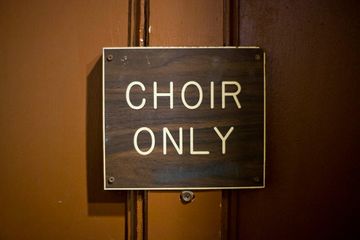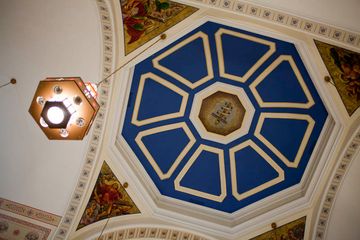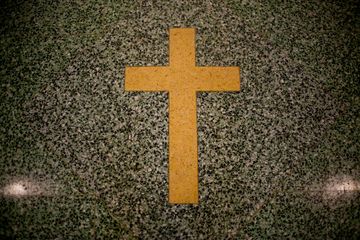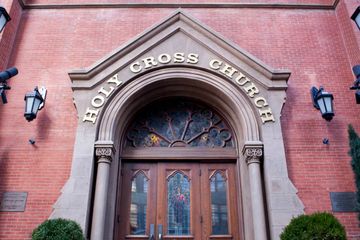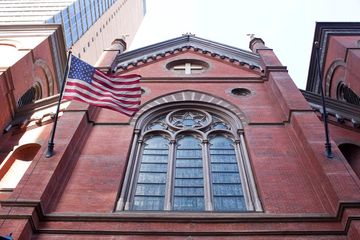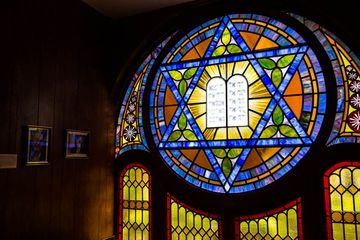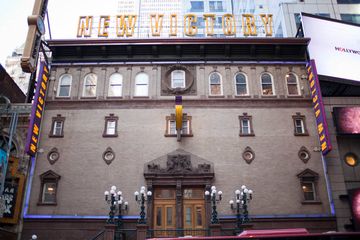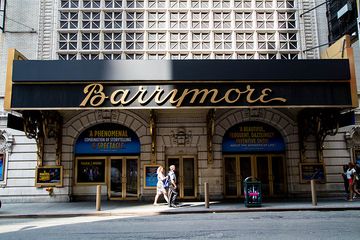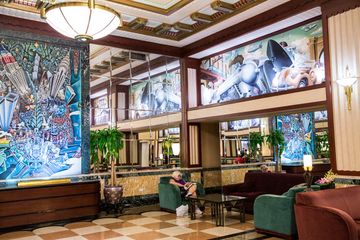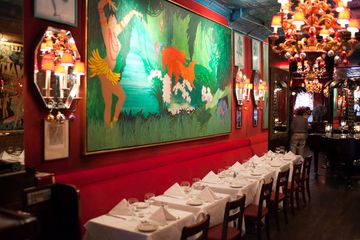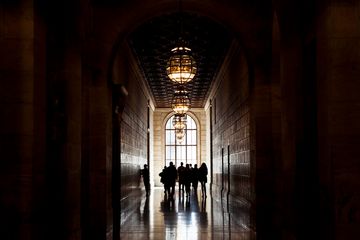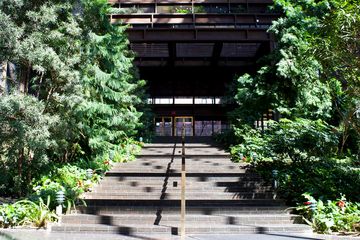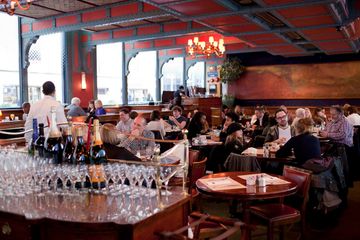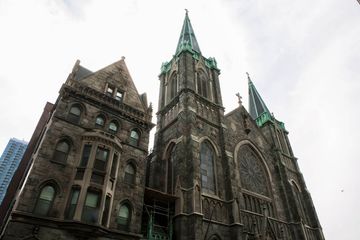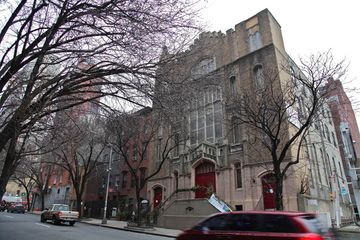In 1984, the Metro Baptist Church of Manhattan settled into a building on West 40th Street that had previously been St. Clemens Polish-Catholic Church and a drug rehabilitation center. At the time of purchase, the church pastor prayed, “Lord, don’t give us this building if we can’t put it to use for people who need it 24/7. ” That call has been answered in many ways. “There is always so much going on, ” explained Rev. Tiffany Triplett, pastor of the church and executive director to Rauschenbusch Metro Ministries, “but it is exactly the way we want it to be. ”Stained glass windows and ceiling murals, both relics of the Polish-Catholic church, adorn the airy multiuse sanctuary. Without pews, this place of worship doubles as a space for the arts. Housed in what used to be the balcony, the educational space serves as a classroom and after school library. “We are blurring the lines between sacred and secular, ” Tiffany clarified, “Dance is sacred, and tutoring is sacred. ”The downstairs space is equally multi-functional. During the summer of 2015, it served as a cafeteria to the children of the day camp as well as a food pantry and clothing storage area for items to be divvied out during the harsh months of the winter. These efforts are largely aided by Rauschenbusch Metro Ministries, a nonprofit founded by the church in 1995 and named after the “father of social gospel, ” a radical during his time who preached that the physical being should be emphasized alongside the spiritual being. And, up a long, steep staircase is one of the most innovative structures the church has to offer. Standing in the middle of the fairly flat roof, I was surrounded by fifty-two space-efficient, plant-filled kiddy pools, as well as several bags hanging on the rails with more vegetation. To my left was the bustling rumble of the Port Authority, presenting a dichotomy of progress that opened my eyes to the capabilities of urban agricultures: even in one of the most urban areas of Manhattan, rural growth could exist. The rooftop garden is not only aesthetically pleasing, but also practical, with vegetation like bush beans, rhubarb, tomatoes, and apples that are maintained by volunteers and distributed to those in need. Starting with only about sixty hands on deck in 2011, this previously unutilized rooftop has garnered a consistent supply of hundreds of working hands, and now also serves as an educational tool for the followers and children of the church, and the surrounding community. It does not stop there. “While we are proud of the amount we grow, ” Tiffany informed me, “we are more importantly showing how people can grow a lot of food inexpensively. We want to be invited into the conversation on food security and food justice. ” Considering how many vacant roofs exist in Manhattan, I understand how impactful this larger message can be.
